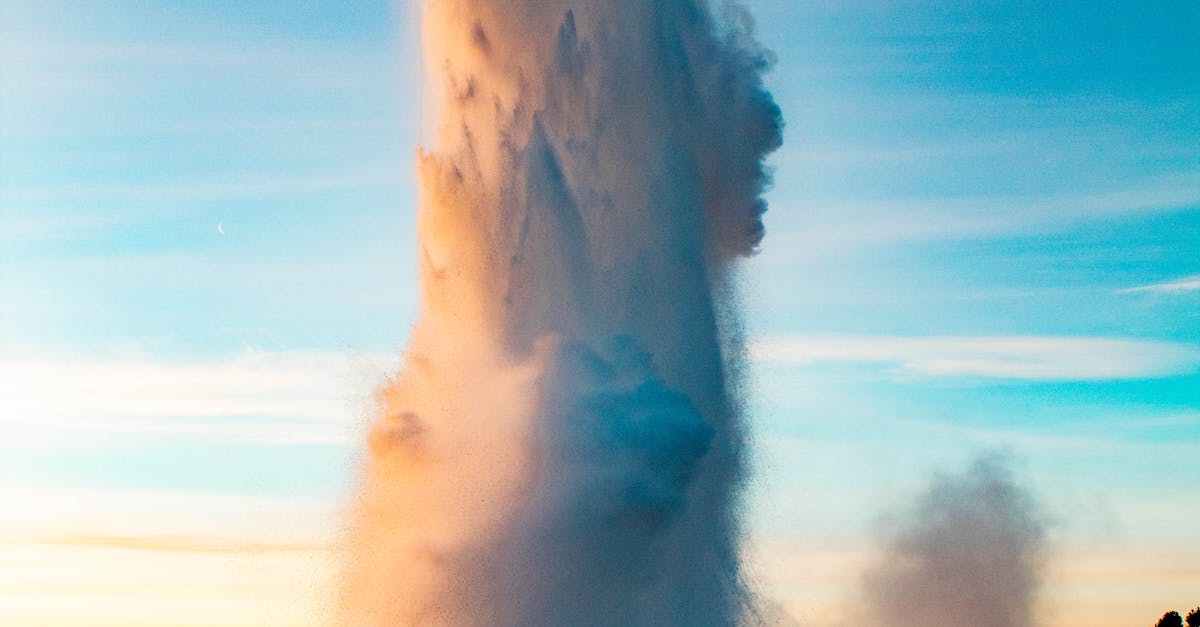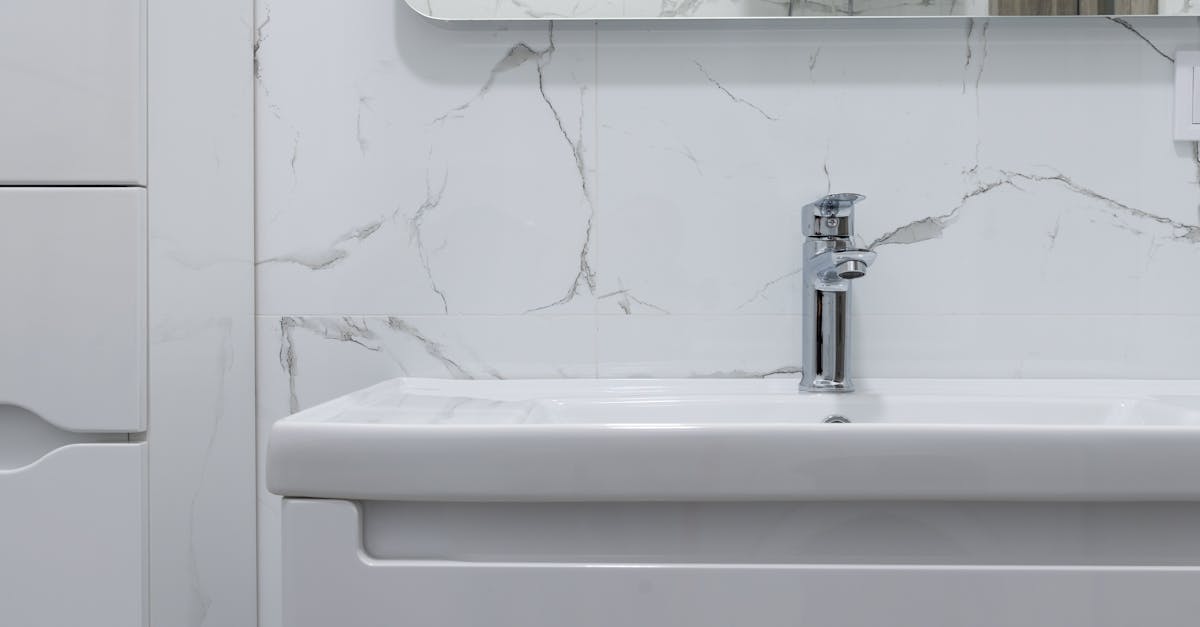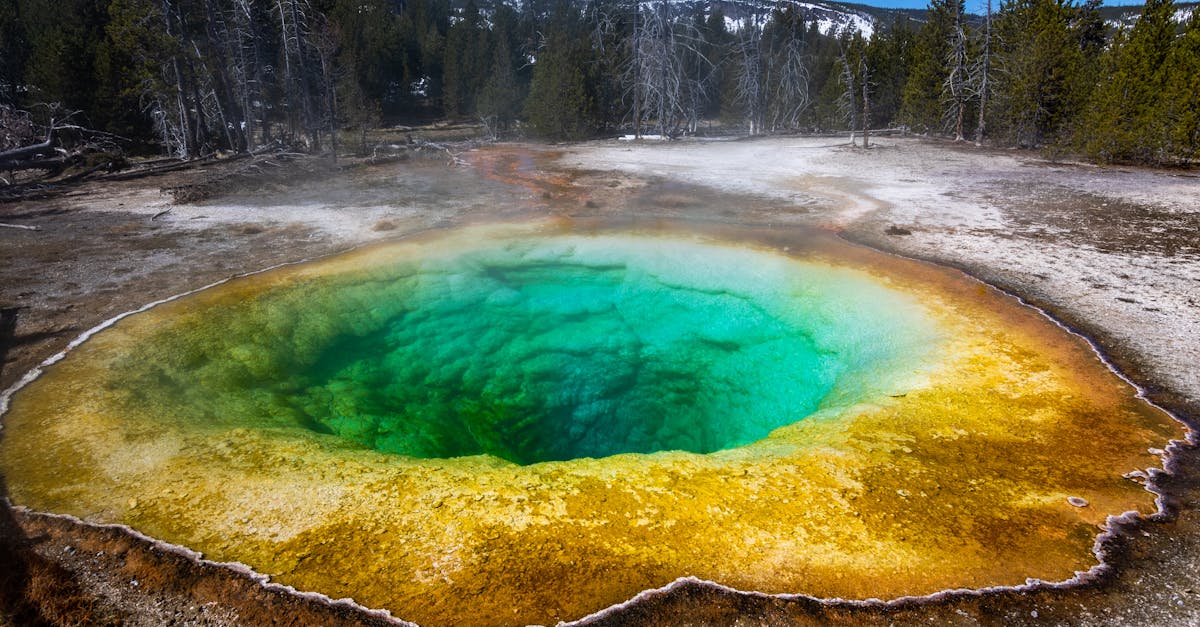
Table Of Contents
Signs of a Failing System
A clear sign of a failing hot water system is the inability to consistently provide hot water. If you notice fluctuations in water temperature or if the water never gets hot enough, it could indicate a problem with the system. Another red flag is a leaking hot water tank. Puddles of water around the tank could mean there are cracks or holes that have developed, leading to leaks. In addition, strange noises such as banging, popping, or gurgling sounds coming from the hot water system can suggest that sediment buildup or mineral deposits are affecting its performance.
When facing issues with your hot water system, it's crucial to consider the age of the unit. The average lifespan of a hot water system is around 10-15 years. If your system is nearing this age range and showing signs of wear and tear, it may be time to start exploring replacement options. Hot Water System Upgrades can not only provide you with a more efficient and reliable system but can also help you save on energy costs in the long run.
Indications that a hot water system may need replacing soon
When your hot water system starts showing signs of persistent leakage or corrosion, it could be an indication that a replacement is imminent. Ignoring these issues can lead to further damage and potential safety hazards. Additionally, if your hot water system is over 10 years old, it may be time to consider a replacement, as older units are more prone to inefficiency and breakdowns.
Furthermore, if you notice a decrease in water temperature or inconsistent heating, it could be a sign that your hot water system is reaching the end of its lifespan. Considering an upgrade to a more energy-efficient model can not only improve the performance of your system but also help reduce your energy bills in the long run. Hot Water System Upgrades are a worthwhile investment for both the functionality and cost-effectiveness of your home's water heating system.
Environment and Climate
In Australia, the environment and climate play significant roles in the lifespan of hot water systems. Factors such as extreme temperatures, humidity levels, and water quality can impact the efficiency and longevity of these systems. For instance, in regions with higher mineral content in the water supply, the hot water system is more prone to corrosion and sediment buildup, which can lead to decreased performance and a shorter lifespan.
Hot water systems located in coastal areas are also at a higher risk of corrosion due to the salty air. Regular maintenance and monitoring of the system are essential in such environments to prevent premature deterioration. Additionally, exposure to harsh weather conditions, such as intense sunlight, heavy rain, or strong winds, can accelerate wear and tear on the system. Considering these environmental factors is crucial when deciding between Hot Water System Upgrades or repairs to ensure the longevity and efficiency of the system.
How environmental factors and climate can affect the lifespan of hot water systems
Environmental factors and climate play significant roles in determining the longevity of hot water systems. In regions with high mineral content in the water supply, the build-up of sediment can shorten the lifespan of a hot water system. This sediment accumulation can lead to corrosion and reduced efficiency of the system, ultimately resulting in a need for premature replacement. Additionally, extreme weather conditions such as frequent temperature fluctuations and exposure to harsh elements can put additional strain on the hot water system, increasing the likelihood of breakdowns and malfunctions.
When considering the impact of environmental factors and climate on hot water systems, it is crucial to assess the compatibility of the system with the local conditions. Regular maintenance and monitoring of the system can help mitigate the effects of environmental stressors and prolong its lifespan. For areas prone to harsh conditions, investing in Hot Water System Upgrades that are specifically designed to withstand such challenges can be a wise decision to ensure optimal performance and durability of the hot water system.
Upgrading vs. Repairing
When faced with issues in an aging hot water system, the decision to repair or upgrade can be a crucial one. Before opting for either choice, several factors need consideration to make an informed decision. Repairing a hot water system may seem like a cost-effective solution in the short term, but it's essential to evaluate the age of the system, the extent of the problem, and the likelihood of future breakdowns. In some cases, especially if the system is old and frequently malfunctioning, an upgrade might provide a more sustainable and efficient solution.
Hot Water System Upgrades offer various benefits, including improved energy efficiency, enhanced water heating capacity, and modern features that can enhance the overall performance and longevity of the system. Upgrading to a newer model can lead to long-term savings on energy bills and reduce the need for frequent repairs. Additionally, newer hot water systems are designed to be more environmentally friendly, which aligns with the increasing focus on sustainability. When weighing the options between repairing and upgrading a hot water system, considering the long-term benefits of an upgrade is essential in making a well-informed choice.
Considerations when deciding between repairing or upgrading a hot water system
When faced with the decision of repairing or upgrading a hot water system, homeowners need to consider several factors. Firstly, the age and condition of the current system play a crucial role. Older systems that require frequent repairs may benefit more from an upgrade to a newer, more efficient model. In contrast, if the current system is relatively new and the issues are minor, repairing it may be a cost-effective solution in the short term.
Hot Water System Upgrades can offer several advantages, including improved energy efficiency and lower utility bills. Modern systems are designed to be more environmentally friendly, consuming less energy to heat water. Additionally, upgrades can provide homeowners with access to advanced features such as programmable settings and smart technology integration, enhancing convenience and user experience. Before making a decision, it is advisable to seek advice from a professional to assess the specific needs of the household and determine the most suitable option.
FAQS
How long can I expect my hot water system to last?
On average, a hot water system can last between 8 to 12 years. However, the lifespan can vary depending on factors such as maintenance, usage, and the quality of the system.
What are some signs that my hot water system may be failing?
Some common signs of a failing hot water system include inconsistent water temperature, strange noises coming from the system, rusty water, and leaks around the unit.
How can environmental factors and climate impact the lifespan of a hot water system?
Environmental factors such as water quality, humidity, and temperature can affect the efficiency and longevity of a hot water system. For example, hard water with high mineral content can lead to mineral buildup and corrosion, reducing the system's lifespan.
Should I repair or upgrade my hot water system when it starts to show signs of wear and tear?
When deciding between repairing or upgrading your hot water system, consider factors such as the age of the system, the extent of the damage, and the cost of repairs versus the cost of a new system. In some cases, upgrading to a more energy-efficient model may be a better long-term investment.
How can I prolong the lifespan of my hot water system?
To prolong the lifespan of your hot water system, ensure regular maintenance such as flushing the tank, checking for leaks, and adjusting the temperature settings. Additionally, consider installing a water softener if you have hard water to reduce mineral buildup.





























